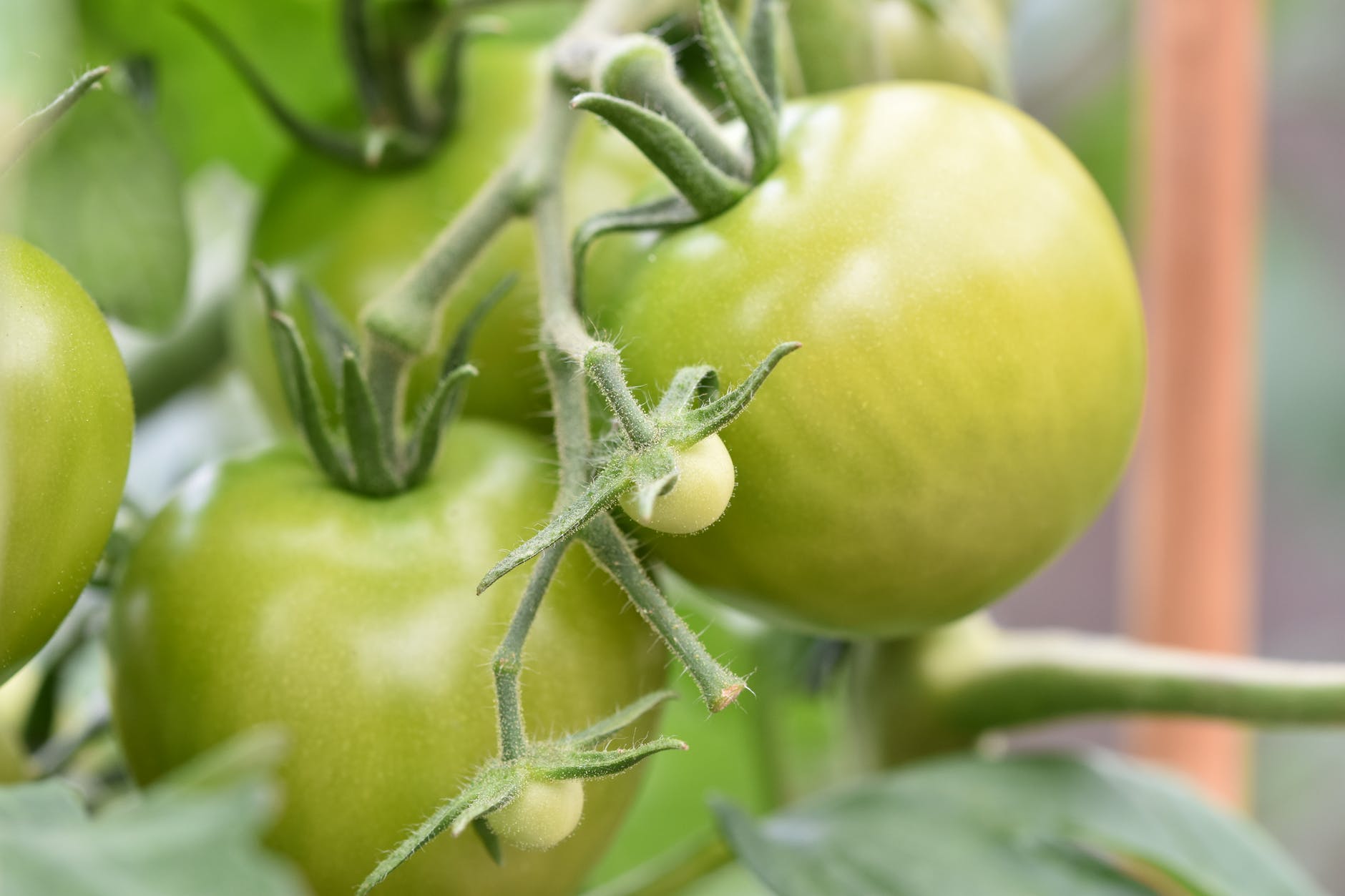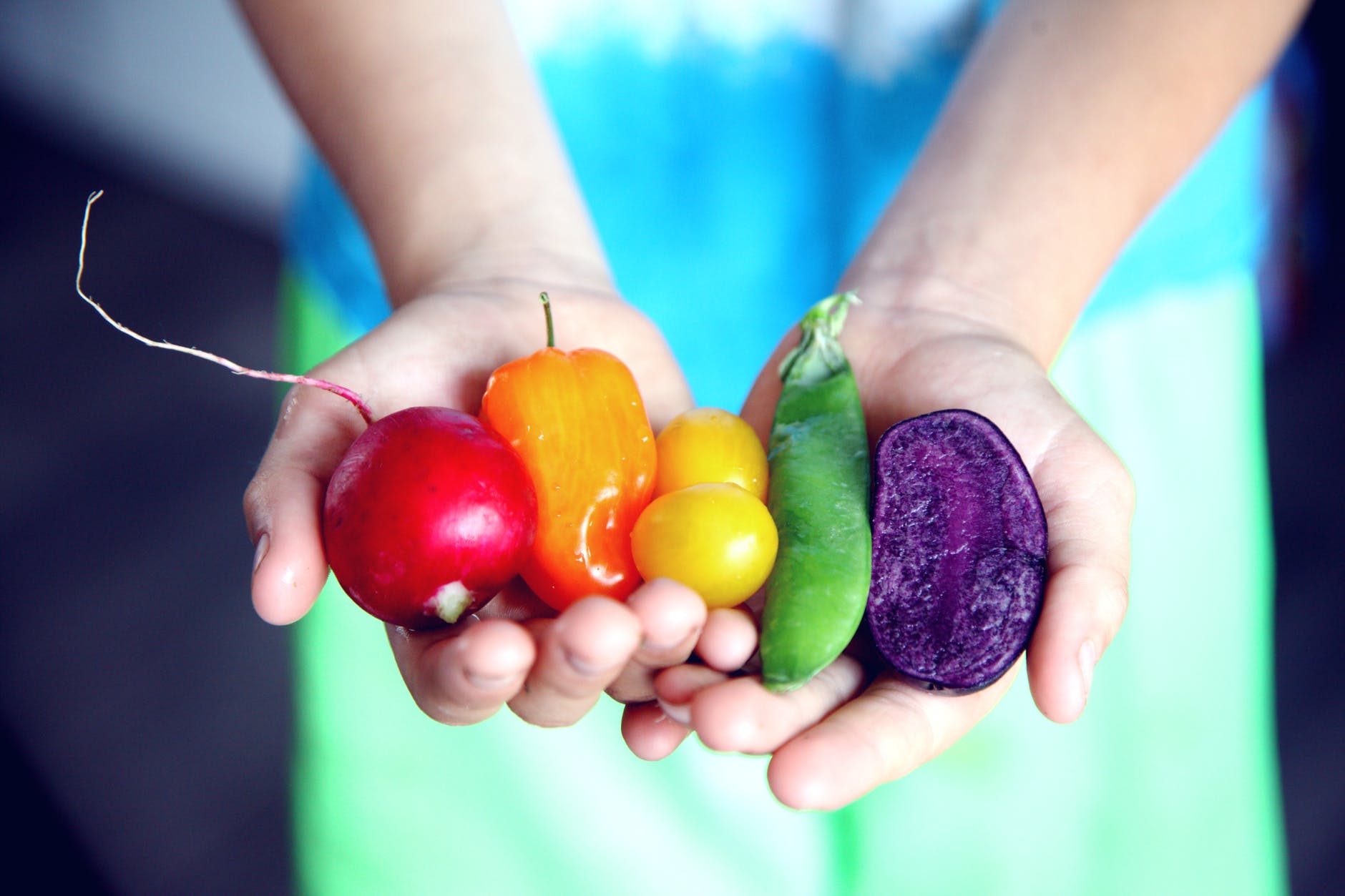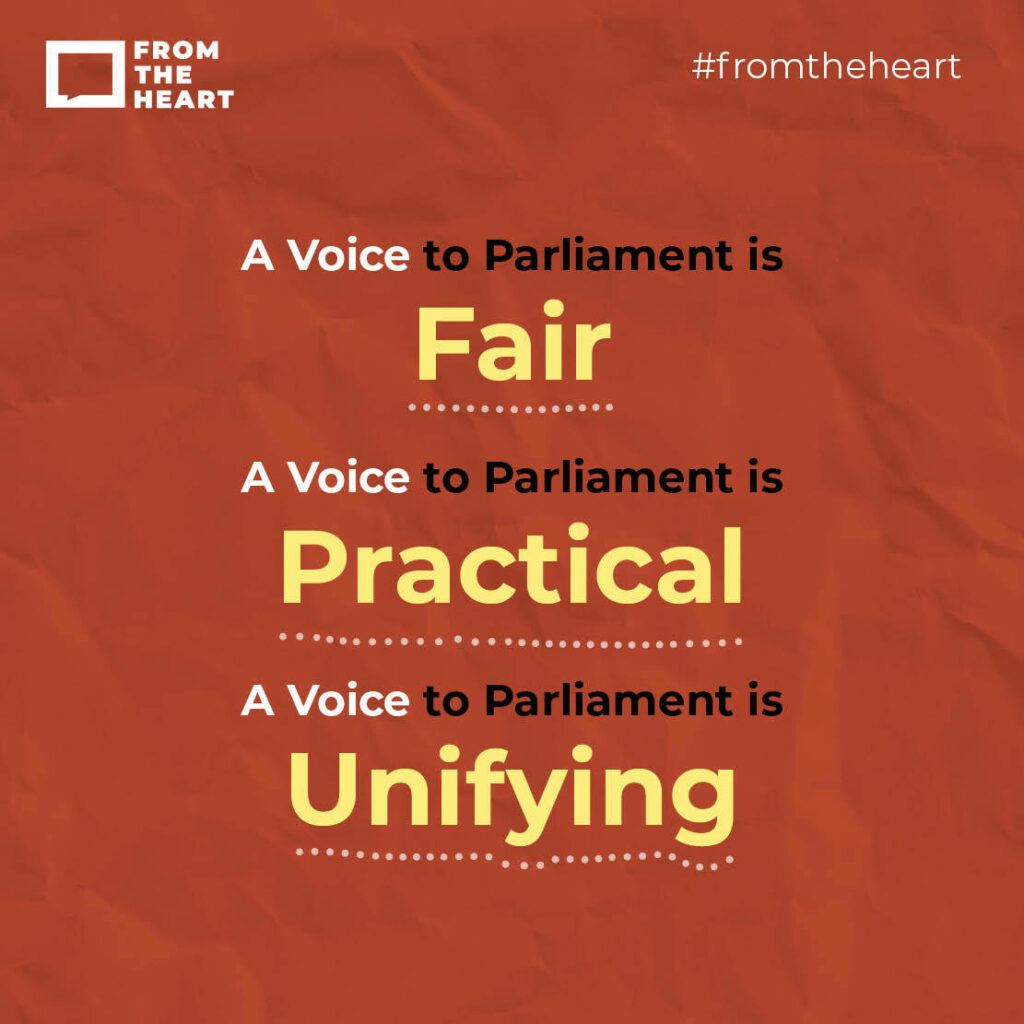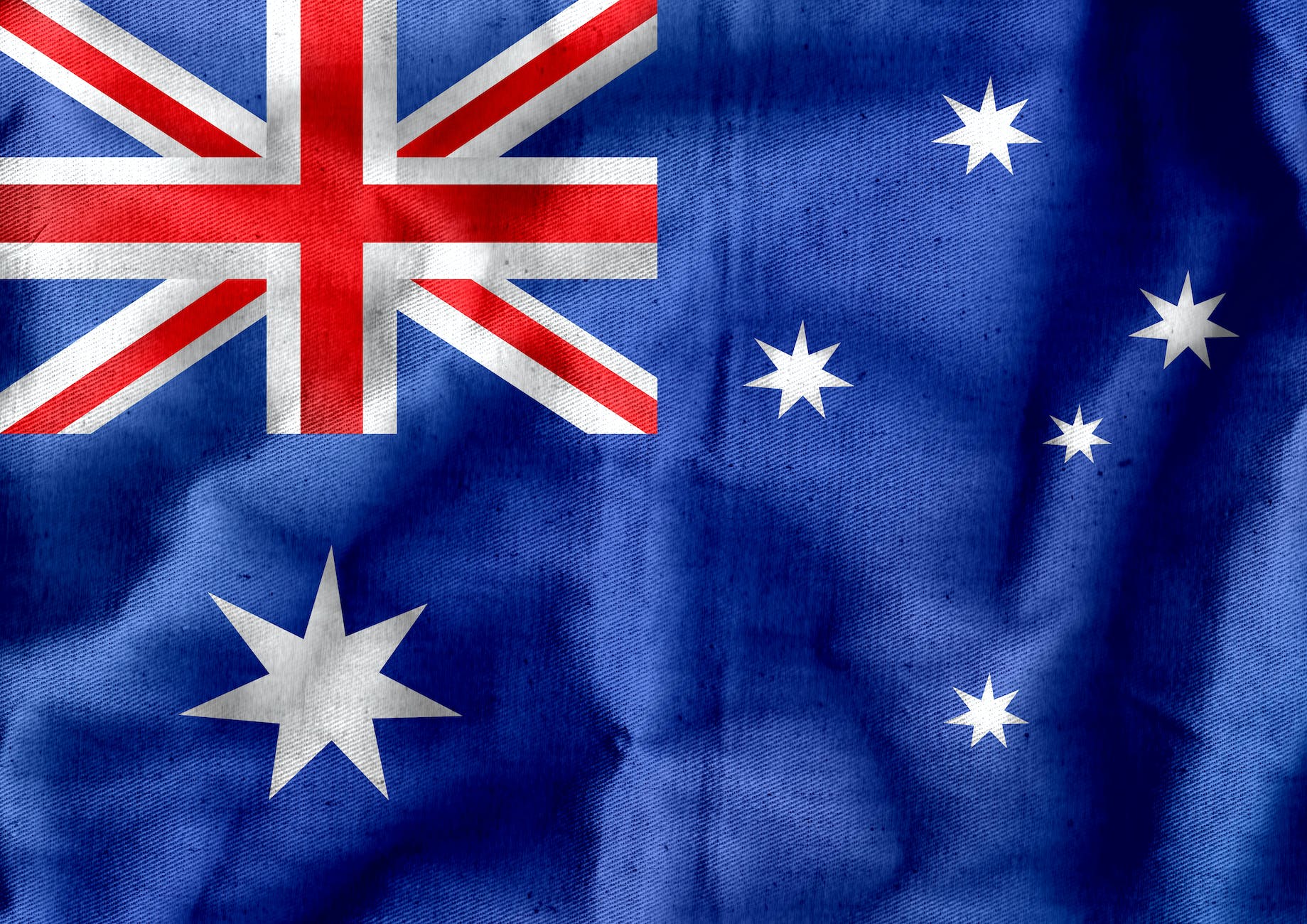
Food and Leadership for a Healthier World
In Australia, we live in a society where food choices are predominantly economic and taste concerns. Our western democracy is firmly in the free market capitalist camp, where food is considered to be a product to be bought and sold. This is important when examining something like ‘Food and Leadership for a Healthier World.’ The role of government is a pertinent issue right now in the time of the Covid pandemic. The current Morrison Liberal National federal government is embarking upon an election campaign purporting to be an exponent of small government. They are hoping to benefit from an Australian electorate supposedly sick of intrusive government health orders stemming from policies designed to protect us from the pandemic. Their polling and research has indicated this as a relevant political issue within the community. The angry protest marches in Melbourne against vaccine mandates by the Andrew’s state government are testament to this. (Dexter, 2021) Whatever side of politics you may be on it is informative to be aware of what is going on and how it impacts upon our lifestyles, health, and choices.

Free Market Economy Food & Health Considerations
The ‘so-called’ free economy is not really free from regulation in the Australian market. Food as a commodity has consequences beyond its initial trading value within a community. Food and health are inextricably linked because food fuels our bodies and good food provides good health. The rise of fast food economic behemoths in our markets have impacted negatively upon the health of Australian citizens. Aggressively marketed cheap fast foods with poor nutritional status are costing us billions of dollars via obesity, diabetes, and heart disease. Around 1.8 million Australians have diabetes. (D.A, 2021) Proponents of the free market economy are short sighted when it comes to treating food as a commodity. The high prevalence of sugars, fats, and sodium in processed foods marketed in Australia and around the globe are wreaking havoc on the health of millions of human beings. Heart disease has been the number one killer in this country for decades. Food and leadership for a healthier world has never been a more pertinent topic to consider. Government bodies are reviewing food labelling requirements in regard to things like added sugars. (F.S Aust, 2021) However, it is important to remember that a government that believes in limited government interference is ideologically opposed to regulations that limit the free market.
Libertarian Leadership on Facts Affecting Food & Health
Libertarians want to be free to make whatever life choices they so desire. In America, the ‘so-called’ land of the free, we have seen the population split over things like vaccines and mask wearing. To some of us observing from afar these libertarian choices have seemed unwise and somewhat insane in the face of a pandemic, which has already claimed the lives of more 780, 000 Americans. (Worldometer, 2021) However, this is a nation where the veracity of facts are routinely questioned as fake news by those on opposing sides of the political divide. The doubting of scientific fact has not been limited to the pandemic, as we have seen here in Australia with regard to global warming. (Taylor, 2014) Modern human beings are willing to change their perception of facts to suit themselves, it seems, in 2021. It will be interesting to observe the consequences of this new trend, as things unfold on the world stage. Many of these issues boil down to timing, with short term concerns outweighing the longer perspective on a situation. Change is routinely perceived as frightening within communities and curtailing economic activity based on bad things happening decades down the track is easily put off by some within our nation, especially if their jobs depend upon that activity. This is where leadership is required and that is something in short supply at the federal level in Australia. Popular leaders base their appeal to the electorate on doing things in line with the expectations of the majority. This is where the spin doctors and the manipulation of public opinion are an essential part of today’s political setup. If you are not paying attention you may find yourself in trouble sooner than you think.

Foods Available in Our Supermarkets
Many Australians do not question the foods available in their supermarkets and how they are labelled. Often, it is not until they have children themselves or encounter a health issue impacted by the ingredients inside foods they routinely consumed that they awaken to the topic and its ramifications upon their lives. (Raising Children, 2021) The fact that for most of the European history of Australia, our population has eaten primarily bread, meat, dairy, with a handful of vegies around the edges is of no great concern or surprise to many. Questioning these collective food choices is not on the agenda for lots of Australians. Food is a primal concern and invariably associated with ethnicity and cultural identity. We, generally, eat what we grew up with at home. Comfort foods are, often, psychologically linked to our nourishment as children. Which is why if you grew up eating a diet rich in fast foods you can find it hard to give them up and pay in the long term long term with health problems caused by nutritional deficiencies. In the modern era, we are subjected to masses of high rotation advertising online, on TV, on the radio, and on billboards. Bright, loud, and shiny ads singing the praises of these convenient fast food choices. In the case of the many who cannot cook it is cheaper to purchase these ready made foods than to buy the ingredients of a nutritious meal. Fruit and vegetables are not marketed to consumers in the same way or if at all. The free market economy greatly favours purveyors of fast foods and processed foods. Despite knowing the health benefits of the vegetable kingdom governments do not invest substantial funds in the promotion of them to their citizens. There is a complete lack of leadership around food and health in Australia at all levels of government.
Food, Farming, & the Environment
On an environmental level the land uses and agricultural sectors flourishing in Australia are a direct result of the cultural history of our European/Anglo backgrounds. Stop and ponder upon the traditional foods and meals associated with the majority of Australians. Breakfast top of the pops is bacon and eggs in all its guises, this fills the bill in cafes and homes around the country. Especially in regional Australia, where the Anglo diet features more heavily than in the populations of the large coastal cities. Multiculturalism and the steady high immigration levels since WW2 have seen a greater variety of foods on the menu and in the shops in the capital cities. More than a million people have migrated to Australia every decade since WW2. (Migration Aust, 2010) There are loads of wonderful Australians from diverse parts of Europe, Africa, and Asia who have enriched our diets and our lives. Lunches for many Aussies remain sandwich based food choices with the prevalence of bread high in most lunchboxes around the nation. The bread obsession is very English and European. Meat pies are another cultural appropriation from our British ancestors. Dinner may, indeed, be a meat pie or some cooked animal flesh like beef, lamb, chicken, or pork. The featured protein derived from a dead animal is the culinary bedrock of most Australians. My years running a cooking school outside of Brisbane delivered firsthand data on how many Australians cooked and what their meal choices were. It is not easy to get people to change their diets and repertoire of favoured meals. Sure, they will try things, but many have rusted on recipes and favoured dishes derived from childhood and family situations. Discovering new Thai or Spanish dishes will not automatically lead to people preparing them at home regularly. Foods are imbued with memories and feelings from the past in many instances, which make them keepers in the culinary realm.
‘She’ll Be Right Mate”
Food and leadership for a healthier world must encounter tradition and lassitude on its journey toward its goals. “She’ll be right mate.” This great Australian saying could be viewed as akin to the Islamic “inshallah” – God willing. It can mean that whatever is wrong will right itself in time. It can also confer a fatalistic acceptance of a less than desirable situation and making the best of it. Many Australians eat foods which are not doing them any favours when it comes to their heath. Bakeries full of sugary white flour creations will not please your microbiome if you eat them exclusively too often. Eating too many processed carbohydrates will likewise lead you down a nutritional dead end into health problems. Australians eating large portions of cooked red meat with very few vegetables will, also, likely encounter digestive health problems and more serious issues long term.
Well, actually she won’t be right mate, in fact, she’ll be bloody sick and cost the nation a fortune in spending on health.
We could all be doing more to feed the hungry and make the world a better place. (Hawkes, 2021) Australia, as a very wealthy nation, could be doing more to help feed the world. Instead, we have a government intent on doing as little as possible to change anything for the better, in fear of making anything worse. Leaders who go around promising to not do anything that will incur a cost and promising to make things ever easier are full of you know what. Especially, in the face of the largest challenge facing humanity in hundreds of years. There are two types of leaders in the current climate, those that are wearied after dealing with the pandemic and those inspired to make the world a better place for all. Some see a problem and others see an opportunity.
We all need to eat more plant based fibre, as this promotes gut bacteria diversity for optimal health. Scott Morrison included, we would all be better off consuming less meat and more vegetables, fruits, and grains. Showing leadership on this important food and health issue will greatly benefit the nation. I don’t think small government will cut it when it comes to how we feed the nation and the resources we use in doing so. Methane is a major contributor to global warming. Farting and burping livestock produce around 10% of Australia’s emissions. (Readfearn, 2021) Does Australia do something about this or just shrug our shoulders and say, “she’ll be right mate”? The crux of the matter is whether we accept the status quo fatalistically or embrace change. We now know that eating lots of red meat is bad for our health. Do we go on producing, eating, and exporting lots of meat or do we bite the bullet and do something constructive about the current agricultural settings in this country? The current federal government has made very clear that they will not lead on this issue or any issue really. The Morrison government is making its absence of leadership its selling point in the coming federal election.
“We won’t tell you what to do, even if, what you are doing now might be slowly killing you and the planet!”
The lackadaisical Australian character, which some say stems from the rigours of life in the bush, where the elements are pitted against you, will be challenged to be agile in the face of climate change. Our economy remains largely resource driven with lots of coal and iron ore in the ground. National Party leaders like Barnaby Joyce remain steadfastly committed to no change on this front for export dollars and domestic employment in the regions. There is no planning taking place at a federal government level for the necessary changes to meet net zero deadlines in the coming years. There is no leadership at the federal level for the long term planning required to assist the communities currently locked into coal production. This means that the pain and dislocation, when it comes, will be harsher than need be. Governments could be preparing for the transitional change required within regional communities. Large investments in renewables and healthier agricultural applications could be government led. It is pertinent to ask ourselves who pays for all these political parties through making substantial donations. Could it be the fossil fuel companies and large livestock concerns? Yes, of course it is. It will be challenging to find leadership from the political classes on this score when they owe their existence to those enriching themselves from the current economic status quo.
Australia is often criticised for having too much government for a nation with relatively few people. (Gallup, 2011) Our federated state came into stark focus during the pandemic with the states coming to the fore in the absence of federal leadership on quarantine and aged care. We are made up of former British colonies and thus many responsibilities are divided between federal and state governments. Plus, there are local governments to boot. A well-worn Australian leadership excuse for not taking responsibility is blaming this federal state divide for failures to act on issues. I cannot see food and leadership for a healthier world emerging from the current federal government and their commitment to small government. Real vision for the future is required and there is a complete absence of this in their own definition of their remit. Muddling through in a ‘she’ll be right mate’ manner is their modus operandi. Getting the French seriously offside can never be good on a food and leadership level in the Pacific region either. We do live in a lucky country, to misquote this ironic Donald Horne reference as thousands have done before me, but that is no excuse for resting on our laurels. We can do more to make things better for our children and the rest of the world. It is time for real leadership.
By Sudha Hamilton
Sudha Hamilton is a natural health writer, historian, and chef. His published titles include: House Therapy: Discover Who You Really Are At Home; Healing Our Wellbeing; and Sacred Chef.
REFERENCES
Dexter, Rachael, Thousands take to Melbourne’s CBD to protest against new pandemic laws, vaccine mandate, The Age, 13th November 2021.
Diabetes Australia (D.A), Type 2 Diabetes, https://www.diabetesaustralia.com.au/about-diabetes/type-2-diabetes/, Visited 21 July 2021.
Food Standards (FS Aust), Sugar Labelling, August 2021, www.foodstandards.gov.au, Viewed 14th November 2021.
Gallup, Geoff, How Healthy is Australian Federalism?, https://www.aph.gov.au/About_Parliament/Senate/Powers_practice_n_procedures/~/~/link.aspx?_id=2B27A9374EF24D5490BED55008A2256A&_z=z, Viewed 16th November 2021.
Hawkes, Corinna, Food and Leadership for a Better World, The Great Full, Viewed 16th November 2021.
Horne, Donald, The Lucky Country, Penguin Books, 1964.
Migration to Australia since federation: a guide to the statistics, Updated 29th October 2010, https://www.aph.gov.au/About_Parliament/Parliamentary_Departments/Parliamentary_Library/pubs/BN/1011/MigrationPopulation#_Toc270677555. Viewed 14th November 2021.
Raising Children, Food labels: nutritional information and ingredients, https://raisingchildren.net.au/teens/healthy-lifestyle/nutrients/food-labels, Viewed 12th November 2021.
Readfearn, Graham, Will methane cuts cause cattle culls and ruin the gas industry? Or is it just hot air from the coalition?, The Guardian, 28th October 2021.
Taylor, Maria, Global Warming and Climate Change: What Australia knew and buried…then framed a new reality for the public, ANU Press, 2014.
Worldometer, Coronavirus Cases, United States, 16th November 2021, Viewed 16th Nov 2021.








